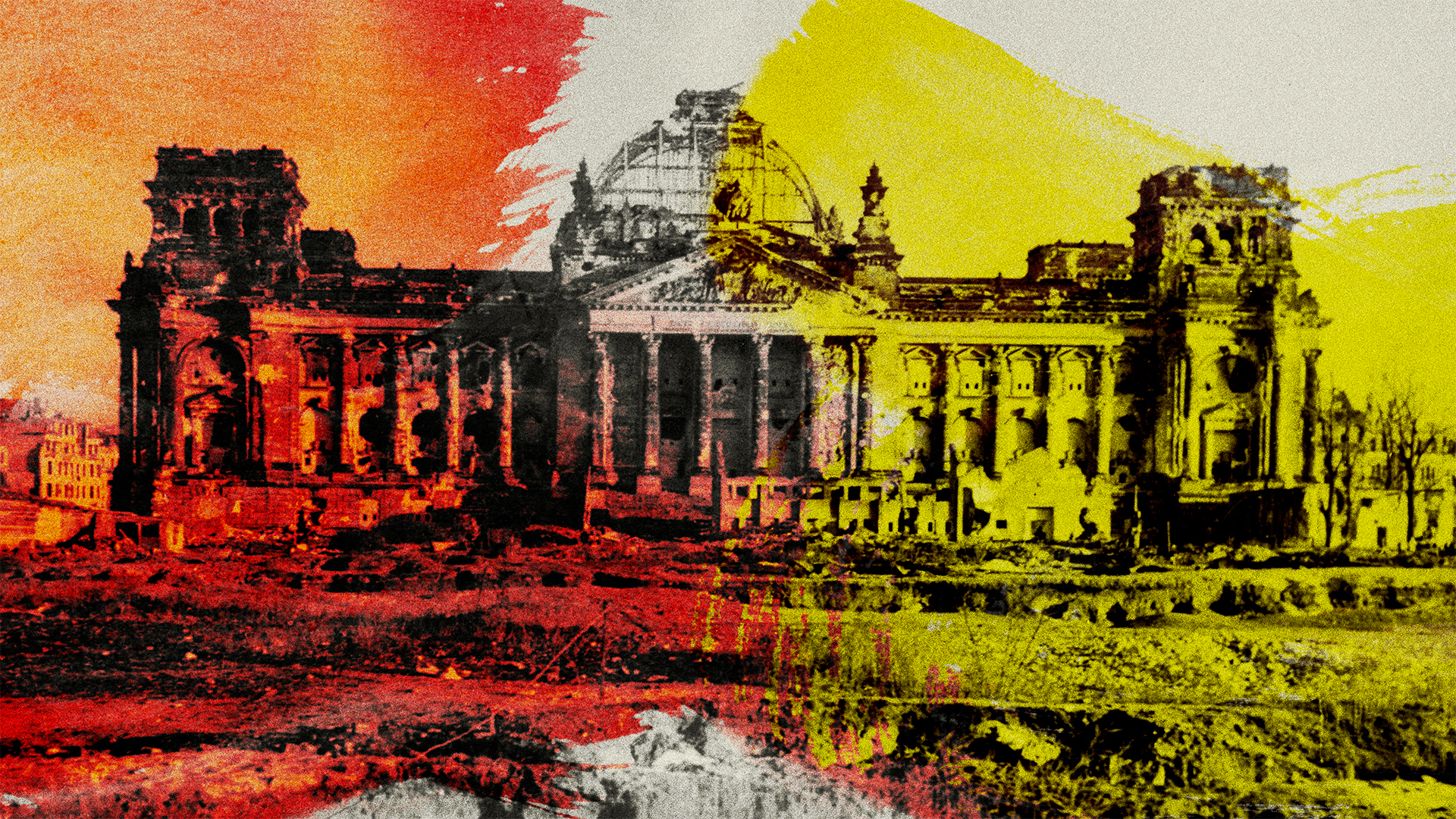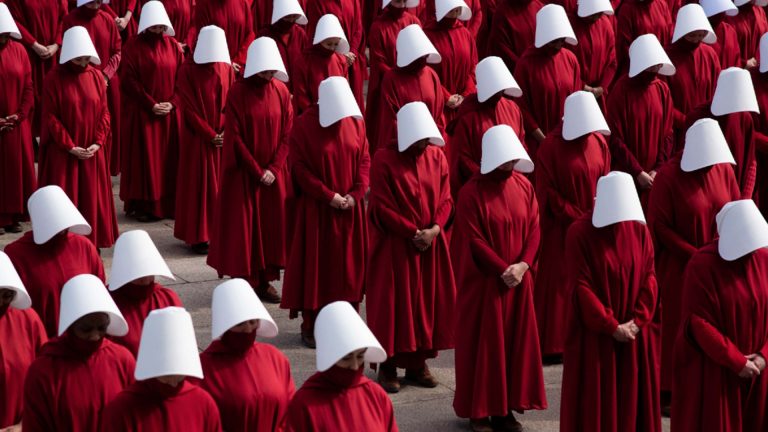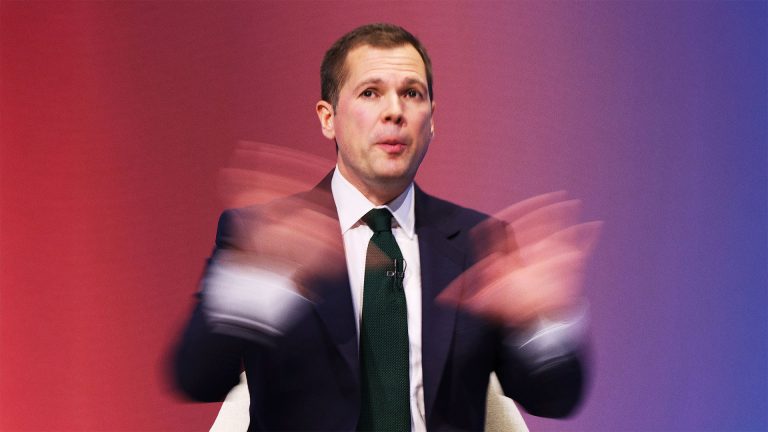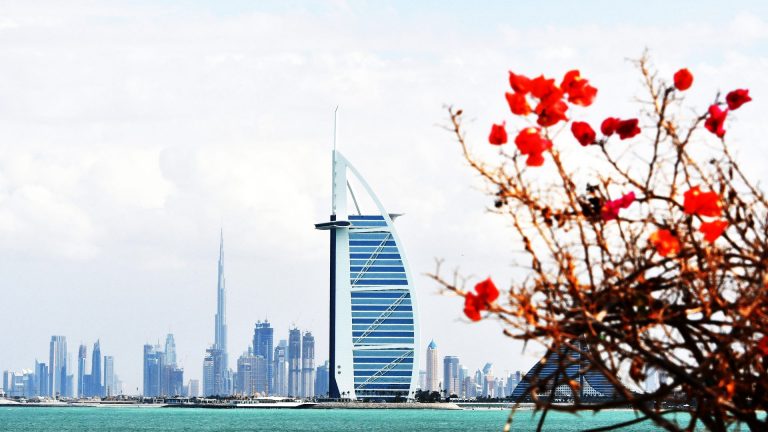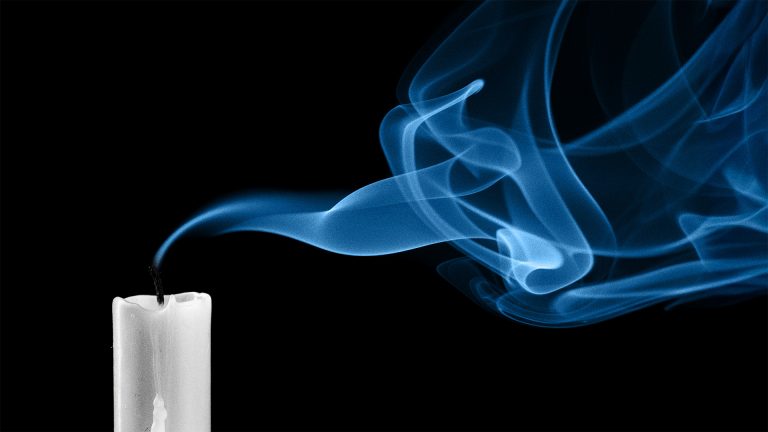It took Germans some time to see May 8, 1945, for what it was: a liberation. And yet, that hard-won consensus is under fire again today.
Flashback to 1945. The allies themselves didn’t put an emphasis on freeing Germany. To America, Russia, Britain and France, May 8 marked victory over Hitler, the defeat of the Reich and its people, the unconditional surrender of the Wehrmacht.
In April, Washington DC had issued a directive to the commander of the US forces that stated: “Germany is not being occupied for the purpose of its liberation, but as a defeated enemy state.” In other words: The Nazis hadn’t invaded the country, they were the country.
To Germans, the day was – at best – complicated. In the East, the self-declared anti-fascist GDR, socialism celebrated itself, its heroes and the Red Army. In West Germany, Theodor Heuss, a liberal who would later become Bundespräsident, pointed out the ambivalence: “We were redeemed and destroyed in one,” he said in 1949.
In 1965, on the 20th anniversary of what he called “the German capitulation“, chancellor Ludwig Erhard of the CDU did not want to speak of a day of liberation in a broadcast address. In 1970, the SPD chancellor Willy Brandt, an anti-Nazi exile, called it a “total defeat” of a “total war”. When he used the term liberation, he meant others had been freed, from German rule, “from terror and fear”.
It wasn’t until 1975 that President Walter Scheel, again a liberal, dared to give the “contradictory” date its full dimension. In Bonn’s Schlosskirche, he said: “We were liberated from a terrible yoke, from war, murder, servitude and barbarism… But we do not forget that this liberation came from outside, that we, the Germans, were not able to shake off this yoke ourselves.“
The trouble was: No one was ready to hear it. It took Marvin J Chomsky’s 1978 TV mini-series Holocaust to jolt the post-war German public awake. And it was the younger generations who fully embraced Richard von Weizsäcker’s now iconic speech to the Bundestag on May 8, 1985 – probably the most celebrated (and controversial) in the last 80 years.
“Most Germans had believed that they were fighting and suffering for the good cause of their own country,” the Bundespräsident said. “And now it was to turn out: Not only was it all in vain and pointless, but it had also served the inhuman aims of a criminal leadership.”
The abyss was history, but the future was dark and uncertain. And still, he insisted, “What we all need to say together today: May 8 was a day of liberation. It liberated us all from the inhuman system of National Socialist tyranny.”
He also expressed sympathy for Germans who had lost loved ones, were victims of expulsion or rape. But he made one thing very clear: the cause of “flight, expulsion and lack of freedom” for many Germans, particularly in the East, hadn’t been the end of the war – but the tyranny that led to the beginning of the war.
“We must not separate May 8, 1945 from January 30, 1933,” he said, reminding everyone that Hitler had never concealed his hatred of the Jews, that everyone knew or could have learnt about the deportations, that people chose to look away. “Who could remain unsuspecting after the burning of the synagogue… the incessant desecration of human dignity?” he asked.
Weizsäcker’s conclusion: “We certainly have no reason to take part in victory celebrations on this day, but we have every reason to recognise May 8, 1945 as the end of an aberration in German history that held the seeds of hope for a better future.“
Today, this sounds self-evident, blindingly obvious – but back then, it really stirred things up. The applause was mixed with massive outrage.
Criticism didn’t just come from people who remembered the nights of bombing, the loss of their homeland, hunger and helplessness but especially from the far right and from within Weizsäcker’s own party. More than 30 MPs from the CDU and CSU boycotted his speech. A defeat, it was said, could not be celebrated and wasn’t it time to stop the endless self-flagellation – the notorious Aufarbeitung?
That sort of view had nearly vanished from public life. But now, it’s back – courtesy of the far right.
Only recently, Brandenburg’s AfD state parliamentary group whinged that calling May 8 a liberation was “inappropriate and historically ignorant”, demanding the state government to drop the term. The motion flopped, but it’s part of a bigger pattern: the AfD railing against the “left-Green unpatriotic” narrative that – in their eyes – robs Germans of pride in their “glorious” past. “Hitler and the Nazis are just a flyspeck in our 1000-year history,” as then-chairman Alexander Gauland said back in 2018.
Another complaint: not enough focus on German suffering. The AfD wants to put local victims front and centre. In Berlin, where May 8 is a public holiday this year, the local AfD fumed that it didn’t “do justice to the victims of Soviet oppression in Eastern Europe”. At best, they said, it was a “half liberation”. In Thuringia, they accused the left of “walking over dead bodies” just to get a holiday out of it.
One problem for the AfD, though: their Russophilia doesn’t quite gel with their remembrance agenda. You can’t snuggle up to Putin while erasing WWII and the Red Army from memory – Russia, after all, treats its war dead as sacred. Pick a lane.
Meanwhile, the Bundestag didn’t invite Russia’s ambassador to this year’s commemorations. He kicked up a fuss about being left out – but tough luck. When your country justifies war crimes by falsely claiming it’s “fighting fascism”, you don’t get a front-row seat at memorials.
“The Red Army liberated Auschwitz, we will not forget that,” said President Frank-Walter Steinmeier. But today’s Kremlin is pushing a “manipulative historical narrative” around Ukraine. And Germany has its hands full already – keeping its own history from being reframed.


